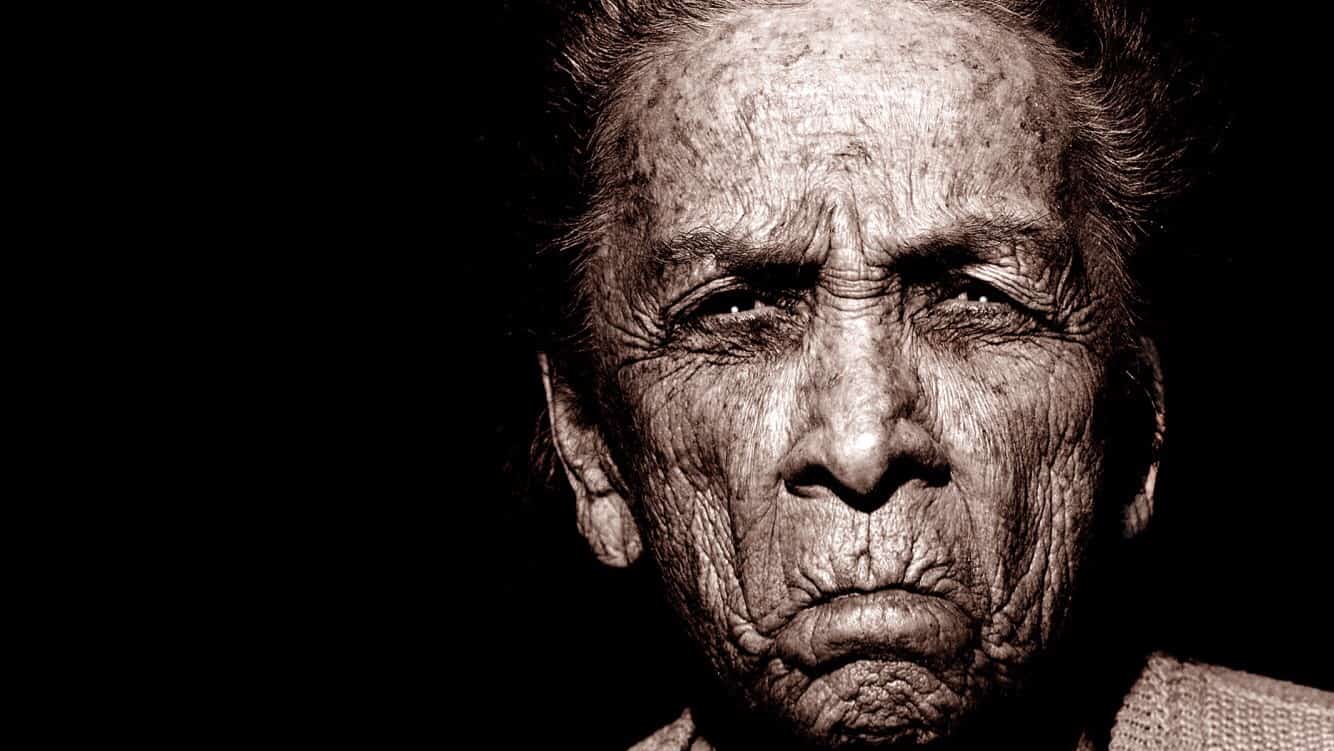While centenarians make up a small share of the world’s older population, their proportion is growing. In 1990 there were 2.9 centenarians for every 10,000 adults ages 65 and older around the world. That share grew to 7.4 by 2015 and is projected to rise by 23.6 by 2050. ~ Pew Research
Japan and Italy, what’s your secret?
All you can eat sushi and pasta? (“Please God…”)
On a serious note, the Japanese and Italians dust the rest of the world in the proportionate number of persons aged 100 and older.
Japan has the top spot at 4.8 per 10,000 people, followed by Italy at 4.1 per 10,000.
The U.S. ranks third at 2.2. China (0.3) and India (0.2) round out the top five.
What’s truly incredible is that these numbers are expected to rise as much as ten-fold over the next 35 years, according to the United Nations’ “World Population Prospects, 2017” report.
Genetics and Lifestyle
Okay, so there may come a time (in the not so distant future, perhaps) when we can alter our genes at-will.
That said, genes play a role in how long you’ll live. People who’ve reached a hundred are more likely than the rest of the population to have ancestors who lived for a long time.
Increasingly, however, lifestyle factors – in conjunction with scientific and medical advances – are playing a more prominent role in living a longer life.
Per science, here are five lifestyle factors popular among centenarians:
1. Have a positive attitude
We know for a fact that stress is a common denominator for many (most?) serious illnesses. The best stress-buster is a positive state of mind, which is perhaps the most crucial factor to living a long and healthy life.
Lynn Peters-Adler, J.D., a contributor to Next Avenue and Forbes writes:
“Almost all of the centenarians we spoke to believe a positive yet realistic attitude is critical throughout one’s life and described themselves as optimistic people.”
2. Keep a sense of humor
Emiliano Mercado Del Toro, 115 years old, has never failed to maintain his sense of humor – even when the bullets began to fly. Del Toro claims that he was visiting a “dancing club” – a.k.a., a bordello – before he dived under upon hearing gunshots. At 82 years old.
When asked about what he was doing while table dwelling, Del Toro replied “Praying…or at least I was when the bullets started flying!”
3. Live in moderation
John and Charlotte Henderson, 104 and 102, have been married for 77 years. Mr. Henderson is the University of Texas’ longest-living former football player, having played beginning as a freshman in 1932.
When asked about their “secrets,” Mr. Henderson replies “Living in moderation. We never overdo anything. Eat well. Sleep well. Don’t overdrink. Don’t overeat. And exercise regularly.”
His wife adds her opinion: “We had such a good time when (he) retired. We traveled a lot. We just stay busy all of the time, and I’m sure that helps.”

4. Keep your brain active
Whether it’s reading the news, doing crossword puzzles, or playing cards, many seniors and centenarians prioritize keeping their mind active.
Dr. Dale Bredesen, an internationally-recognized expert in aging and neurodegenerative diseases, enrolls his patients in scientifically-validated brain training programs.
Dr. Henry Mahncke, CEO of Posit Science, who works with Bredesen’s patients, says: “There’s an emerging consensus that we need to treat neurodegenerative disorders with a (diverse) approach tailored to the individual, rather than a silver bullet.”
5. Staying “clean”
Harry Adler, 101, gives his straightforward and simple advice: “Just stay out of trouble.” Centenarians emphasize the importance of following your conscience and living clean.
According to a survey by Forbes: “almost 75 percent of the centenarians we surveyed never smoked; most of the others stopped between the ages of 40 and 70. And while some never drank, most said they enjoyed only an occasional cocktail or a glass of wine; some still do.”
Final Thoughts
The Japanese demonstrate the importance of proper dietary habits – a crucial factor to a long and healthy life.
In just over 70 years, Japan rose from having one of the world’s shortest life expectancies (post-WWII) to the highest. As we can’t list (or fully explain) all lifestyle components in a single article, here’s a quick list of what our Far Eastern friends do according to studies:
– Eat plenty of rice, vegetables, and fish.
– Drink a lot of natural tea (“matcha”).
– Only eat fresh foods.
– Eat smaller portions.
– Be more active. (As many Japanese do not drive, they must walk to the trains, work, and school.)
– Spend a lot of time in nature.
That said.
The culture of overwork, known as karoshi (“death from overwork) in Japanese, is a widely-recognized health crisis. Recently, a 31-year old journalist by the name of Miwa Sado died of heart failure after clocking more than 150 hours of overtime in one month.
In detailing health benefits of other cultures, of which there are many, it is only fair and just to include the elements of its culture that are counterproductive to health and happiness.
As of this writing, Japan’s federal government is working to implement federal laws to limit the hours that employees can work.
https://youtu.be/7BNGVmwxoHI



















